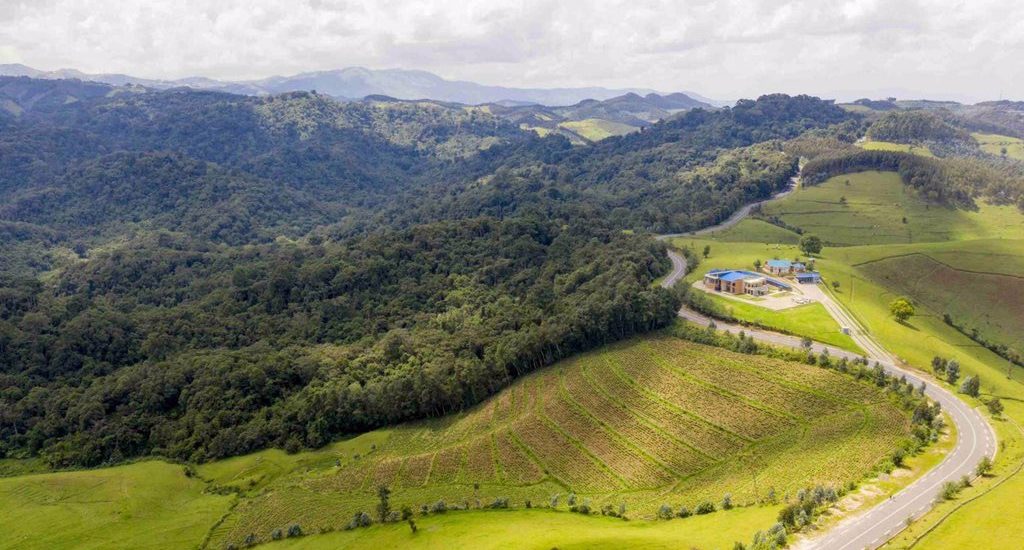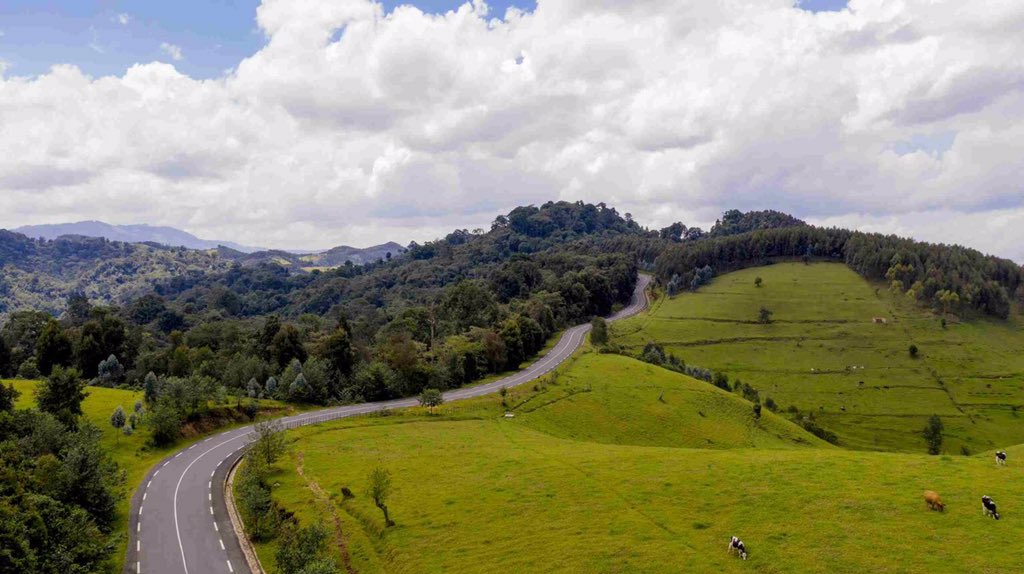- April 8, 2016
- Posted by: admin
- Categories: Travel Guide, Travel Tips

Gishwati – Mukura rain forests are located in western Rwanda south of volcanoes national park forming part of the Congo Nile divide forests that mainly comprise of Nyungwe forest and Kibira national park (Burundi). This evergreen forest has passed through hard times of human encroachment cutting down trees to create land for settlement and agriculture. All these were mainly triggered by the 1994 genocide that left many people homeless many fleeing to exile; when the genocide ended, there was a need to get land to resettle the refuges and Gishwati forest was one of the areas that were looked at. The once 28,000-hectare forest in the 1970’s was totally reduced to only 600 hectares by 2002. Too much deforestation led to loss of various wildlife species in the forest and exposed the area to a lot of erosion and increased water run off. These resulted into floods, mass wasting – land slides that killed many people.
Due to the governments desire for conservation, protect people against dangers like floods and to protect the biodiversity in the remaining part of the forest especially for tourism growth and development, plans started to be made to restore the forest to a reasonable size. Various projects were started in 2002 and by 2009; the 600 hectares were increased to 1,484 hectares through reforestation.
Just at the begging of this month (September 2015), Gishwati forest reserve was publically declared a national park that saw the number of national parks in Rwanda increasing from 3 to 4 (the new Gishwati – Mukura national park, volcanoes national park, Nyungwe forest national park and Akagera national park).
Wildlife Attractions in Gishwati-Mukura Forest National Park
The forest is a habitant for a number of endangered species some of which include the eastern chimpanzees, mountain monkeys, golden monkeys, 14 bird species endemic to the Albertine region, other bird species over 120, insects and a source of water streams and water for example river Sebeya.
The forest reserve also boasts about 60 species of trees, including indigenous hardwoods and bamboo. There are rare sightings of white and black colobus monkeys. The forest has mammals like duiker (black- fronted duiker), Tree hyrax, red river hogs and many others.
Gishwati forest has well developed trekking trails and for the previous years has been visited by tourists for nature walks but now at a standard of a national park, more tourist activities are expected to increase a lot featuring primate tracking, nature walks, community visits, birding, game viewing and many others.
The local people around Gishwati have had a positive response towards the new national park developments and many have already started making crafts that they will be selling to the tourists. They mainly include hand woven baskets; mats and woodcarvings while others have organized themselves in dance and drama troops to be entertaining the tourists. All these will ensure cultural tourism to the tourists enabling them to have a wide range of experiences while in the land of a thousand hills.

Transforming the Gishwati forest into a national park has been one of the great conservation moves by the Rwanda government through the Rwanda Development Board (RDB) and the Rwanda Environmental Management Authority (REMA). This is expected to greatly boost the tourism industry and increasing Rwandan tourism products as well as increasing biodiversity and wildlife conservation that will in turn lead to increased tourism flows in the country increasing government revenues as well.
With continuous conservation efforts, Gishwati forest national park will be fully restored to the natural forest it once was and all the wildlife species will be well and fully protected.
Gishwati – Mukura forest national park currently with area coverage of 3,427 is located just 78 kilometers from Kigali approximately a 1-2 hours drive, about 22 kilometers from Gisenyi the western major town and just 27 kilometers from volcanoes Gorilla Park. This shows that Gishwati-Mukura forest national park is very strategically located and tourists there can easily continue to Gisenyi for experiences around lake Kivu or to volcanoes national park for mountain gorilla tracking.
There is no need to worry about accommodation because a lodge is already being constructed and is expected to be fully complete by next year (2016). It will be providing standard accommodation and meals to the clients.
